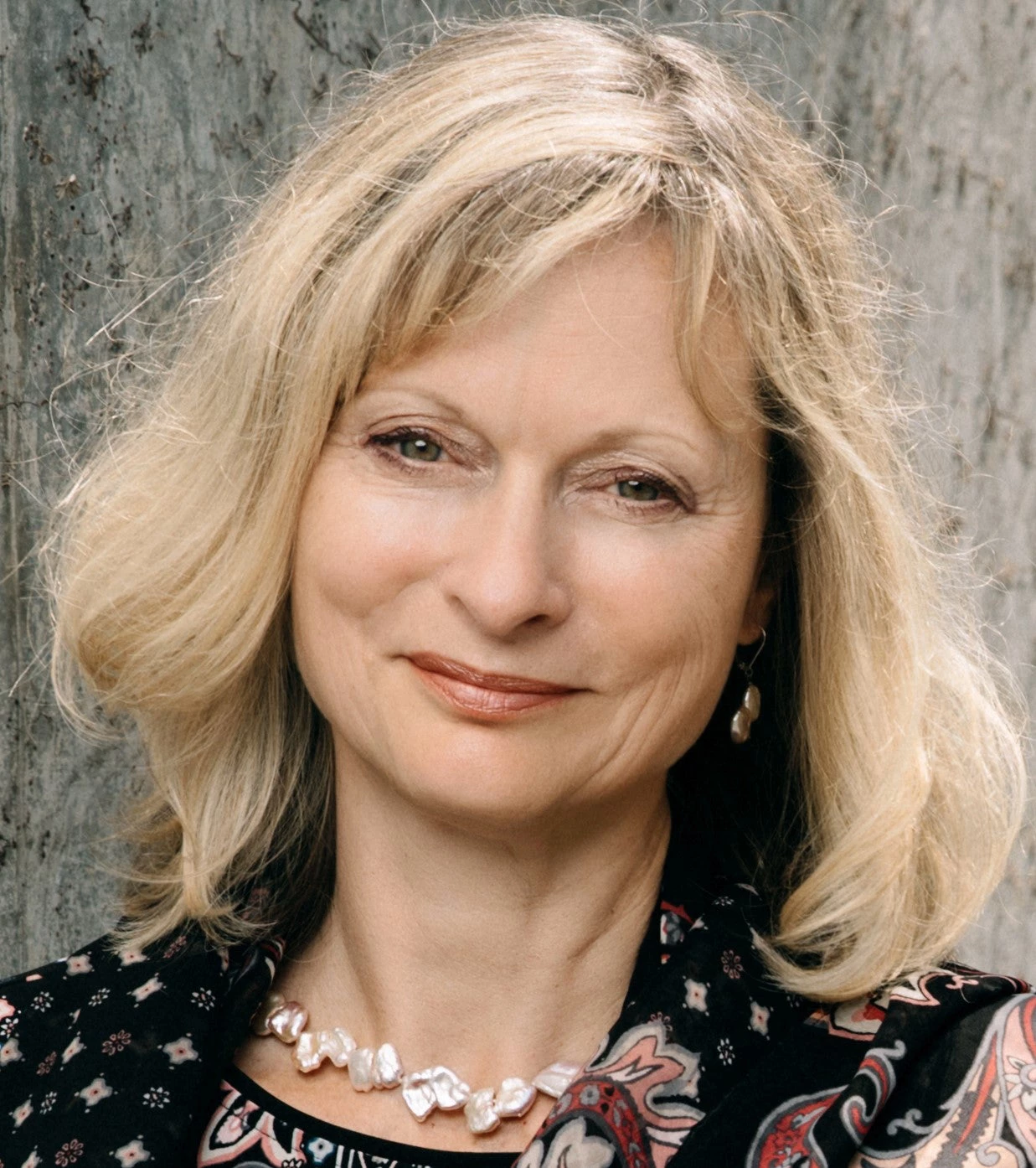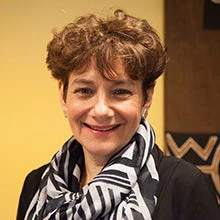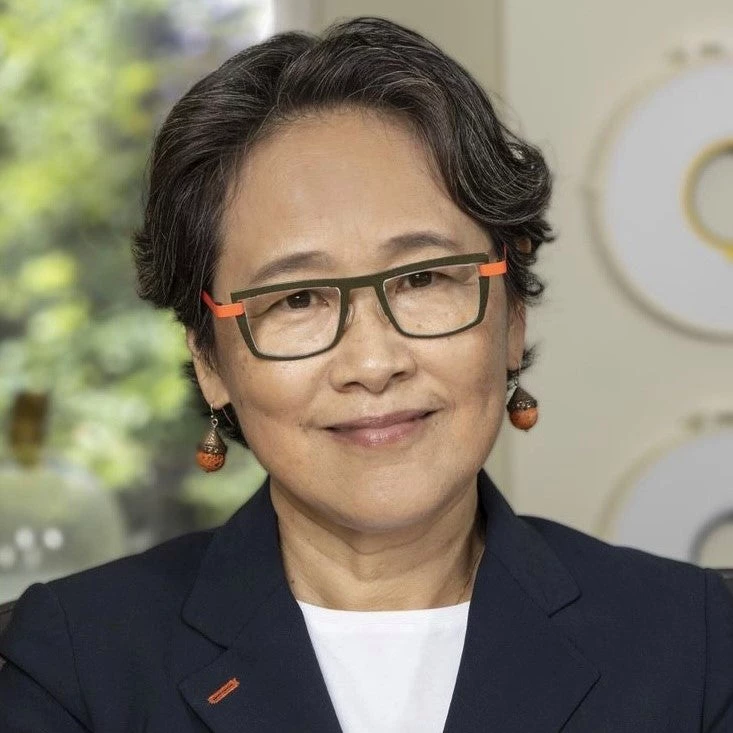
Lesbian, gay, bisexual, transgender, and intersex (LGBTI) people have made tremendous progress in establishing their rights and reducing discrimination across the globe. However, stigma and exclusion based on sexual orientation and gender identity (SOGI) remain pervasive in daily life. Bullying in schools, discrimination at work, denial of health services, and violence in private and public spaces, are just some examples of the mistreatment LGBTI people face.
“We are invisible in statistics. But we do exist," said a young, queer person from Thailand about their experience of feeling invisible and having their needs unrecognized during a civil society consultation.
Data on global LGBTI-inclusive legislation is central to helping tackle discrimination and violence against LGBTI people. The World Bank’s Equality of Opportunity for Sexual and Gender Minorites (EQOSOGI) research initiative, which examines laws and regulations that affect the lives of LGBTI people in 16 countries, found that sexual and gender minorities face discrimination in all sectors and all countries studied.
SOGI-based exclusion is an obstacle to countries achieving the Sustainable Development Goals (SDG), with ‘leaving no one behind’ being at the heart of the SDG agenda. Such exclusion also impedes the World Bank from achieving its twin goals of ending extreme poverty and promoting shared prosperity by 2030. However, robust, quantitative data on differential development experiences and outcomes for LGBTI people—especially those in low- and middle-income countries—is extremely thin. This data gap makes the development of policy to improve the welfare of LGBTI people difficult, and it impedes evaluation of the impact of SOGI-inclusive policies and programs.
Over the past few years, the World Bank has generated original data on discrimination and exclusion of LGBTI people, including in Thailand and the Western Balkans (also see: Discrimination Against Sexual Minorities in Education and Housing: Evidence from Two Field Experiments in Serbia).
Currently, the Bank is producing SOGI-inclusive data through the EQOSOGI initiative. According to the EQOSOGI dataset, five of the 16 countries criminalize same-sex relations and only Costa Rica and Mexico require government agencies to collect data on hate crimes against sexual and gender minorities. Only Canada and Mozambique have enacted laws that explicitly prohibit employers from discussing sexual orientation or gender identity during the recruitment process. While almost one-half of the analyzed countries allow people to change their gender marker on official documents, only Bangladesh, Canada, and India provide more than two gender options on their passports.
We know that more data is needed to inform inclusive policymaking and support the economic case for the inclusion of sexual and gender minorities. The EQOSOGI initiative is now in the process of scaling up its data collection to 62 countries. It seeks to analyze links between SOGI-inclusive legal frameworks and development outcomes, following the example of the Women, Business and the Law (WBL) initiative which has consistently demonstrated that greater gender equality under the law is correlated with better development outcomes for women. Initial research on the relationship between the EQOSOGI pilot data and the Women, Business and the Law index suggests that countries with laws that empower women tend to also have tolerant laws toward sexual and gender minorities.
LGBT celebrations in Gay Pride Parade. Photo: ©rfranca/Shutterstock
While there is some emerging good practice in collecting SOGI-disaggregated data, including from our pioneering work at the Bank, collecting data from LGBTI people remains challenging. Sexual and gender minorities are often reluctant to self-identify in surveys due to the risk of further discrimination and exclusion. Aiming to include SOGI-identifying questions in censuses and other standardized household surveys remains an important goal, however, this requires a high degree of social acceptance, awareness, and trust.
The 2018 World Bank survey, Economic inclusion of LGBTI groups in Thailand, was a success largely because of the Bank’s collaboration with various government ministries and departments, the United Nations Development Program, local universities, academics, and LGBTI civil society organizations (CSOs). In the Western Balkans, the World Bank team continues to collaborate with local CSOs such as the Equal Rights Association (ERA) for Western Balkans and Turkey. For example, during the COVID-19 pandemic, the Bank’s Country Management Unit for the Western Balkans partnered with ERA to understand the impacts of COVID-19 on LGBTI communities in the region. The regional survey found that one-tenth of respondents had foregone medical treatment because of fear of discrimination or intolerant reactions (12 percent) which is of particular concern during a pandemic. Building on the findings of the survey, the Bank is currently working in Montenegro, North Macedonia, and Serbia to enhance the technical capacity of their national statistical offices to collect more SOGI disaggregated data.
“We are invisible in statistics. But we do exist."
While we have come a long way, we have work to do. The knowledge and data gaps on LGBTI people remain immense, and further research and data collection efforts are necessary to appreciate the lived experience of LGBTI people and develop more inclusive policies and programs. The World Bank Group Gender Strategy is currently being updated and revised. The Strategy update provides an important opportunity to leverage the Gender team’s experience to strengthen the Bank’s work on SOGI-inclusive analytics and data collection.
Contributions from: Clifton Cortez, Trishna Rana, Julia Constanze Braunmiller, and Sarah Bunker





Join the Conversation